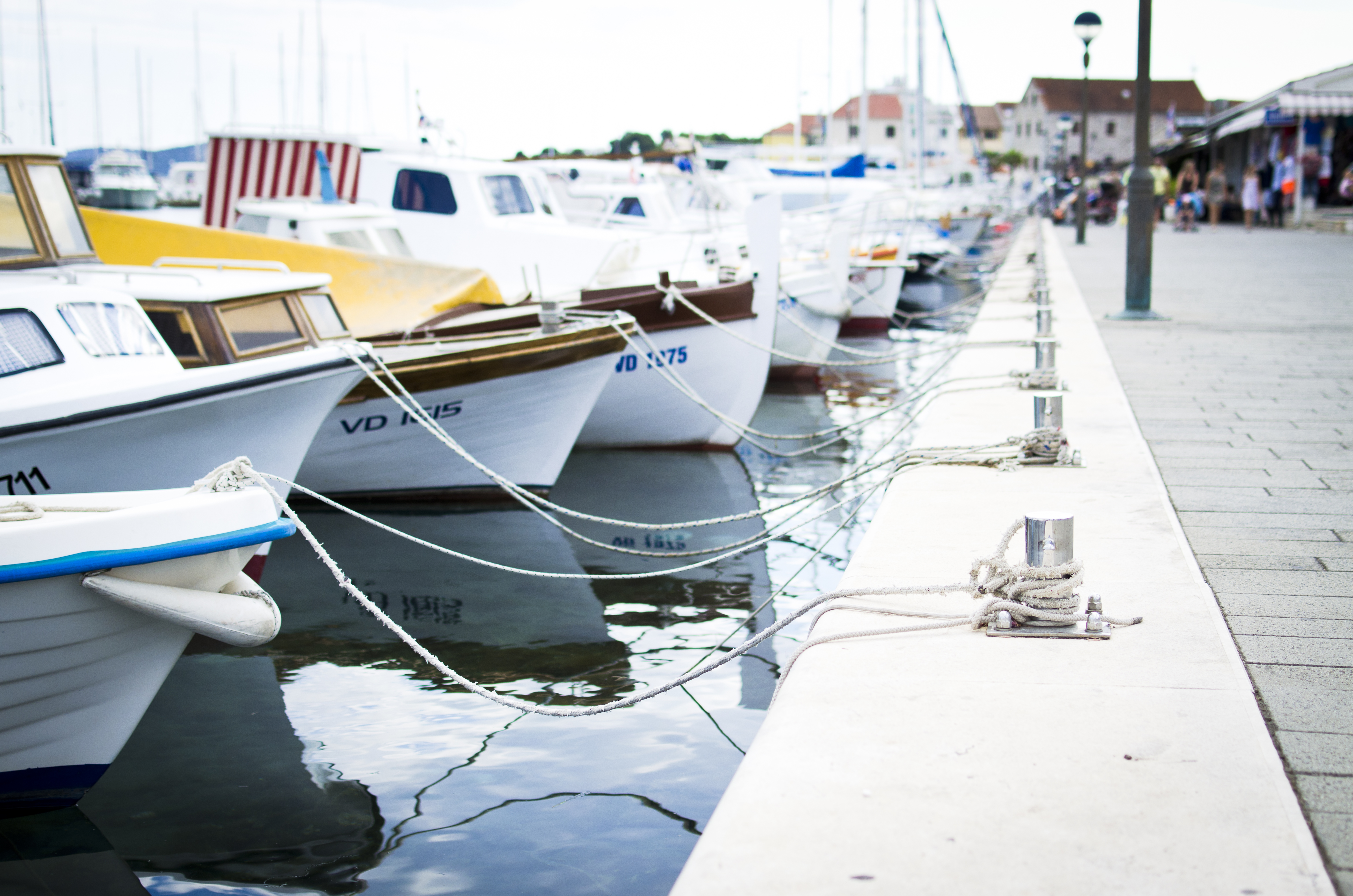Blue skies and long evenings make now the perfect time to get out on the water. You may be planning to head across the Channel in your luxury super yacht. Maybe it’s a more leisurely pootle along the canal on your barge. Or you could be exploring the river in your canoe. Whatever boat you own, now is also the time to check you have the right level of leisure craft insurance. Without it, you could find yourself at financial risk as well as in contravention of marina, river or canal regulations.
1) Do I have to insure my boat?
You have to register or licence your boat to keep it or use it on any inland waterway, such as rivers or canals. A boat is considered to be any:
- Vessel with or without a motor, for example a sailing boat, river boat, canal boat or houseboat.
- ‘Open boat’ such as canoe, paddle board, rowing boat or dinghy.
To get a boat licence you’ll have to have a minimum of third party insurance.
- Harbours and marinas usually insist on a minimum of third party insurance before you’ll be allowed to moor.
- The Canal and River Trust covers most of the UK’s waterways and specifies boat users must have a minimum £2million third-party cover to use the waterways, even if they are just moored. If you have a very small, unpowered portable vessel, like a rowing boat or canoe that is only put into the water occasionally, you’ll still need a short-term visitor licence and a minimum of £1million third party insurance is required.
- The Environment Agency is responsible for licences on the Thames and also stipulates a minimum of £1million third party cover.
Insurance is not a legal requirement when you’re out at sea – but given the potential costs involved if something goes wrong, is normally considered prudent.
2) What levels of leisure craft insurance are available?
- Third party – this is the most basic level of insurance. It offers protection against claims against you for any damage or injury caused by your leisure craft. It does not pay out to repair any damage you suffer if you have an accident or if your boat is stolen.
- Third party fire and theft – this covers you from claims brought against you for damage or injury. It also covers you if your vessel is damaged by fire or is stolen.
- Comprehensive cover – this provides complete financial peace of mind. It protects you from claims against you. If your boat is damaged by fire or stolen and will also cover the cost or repairs or a replacement if your boat is damaged in an accident.
3) Beware of under-insuring
It can sometimes be tempting to opt for the most basic insurance, but this could end up costing you a lot more in the long run. If you have an accident, legal costs can quickly mount up if someone suffers a serious injury. And with the cost of some boats reaching into the £millions, it’s important to remember that no matter how cheap and basic your leisure craft, the cost of repairs to another boat can be very high. Think about where you’re going to be using your boat and the other sorts of vessels that could be nearby to make sure you take out enough cover.
It’s also worth considering the cost of replacing your boat or items on board if they get stolen. Recovery costs are another area to think about. If your boat sinks, you’ll have to pay recovery costs if you don’t have insurance or you’ve opted for only third party cover.
4) How can I keep down the cost of boat insurance?
Building up a good no-claims discount will help you to keep your leisure craft insurance affordable. You can limit the likelihood of making a claim by:
- Following an effective maintenance programme. Well-maintained boats are less likely to go wrong.
- Use GPS, consult charts and talk to locals when skippering unfamiliar waters to help avoid striking objects under the water.
- Protect your leisure craft from weather damage by investing in covers and keeping it away from places where objects, like branches, could fall in stormy weather.
- Help protect your boat from theft by marking it, and equipment such as sails or outboards. Trailers should be locked and you could consider an alarm system for bigger boats.
5) Finding the best value boat insurance
Speaking to a specialist independent broker, like Park Insurance can also help you to secure a better value deal on your leisure craft insurance. We can compare costs from some of the UK’s biggest marine insurance companies and negotiate great prices that are tailored to your specific needs. We understand the unique requirements of the marine industry and have experience finding a wide range of insurance for boats of all sizes as well as marine businesses and commercial craft insurance. Call us on 0117 955 6835 or get in touch today for a no obligation quote.

